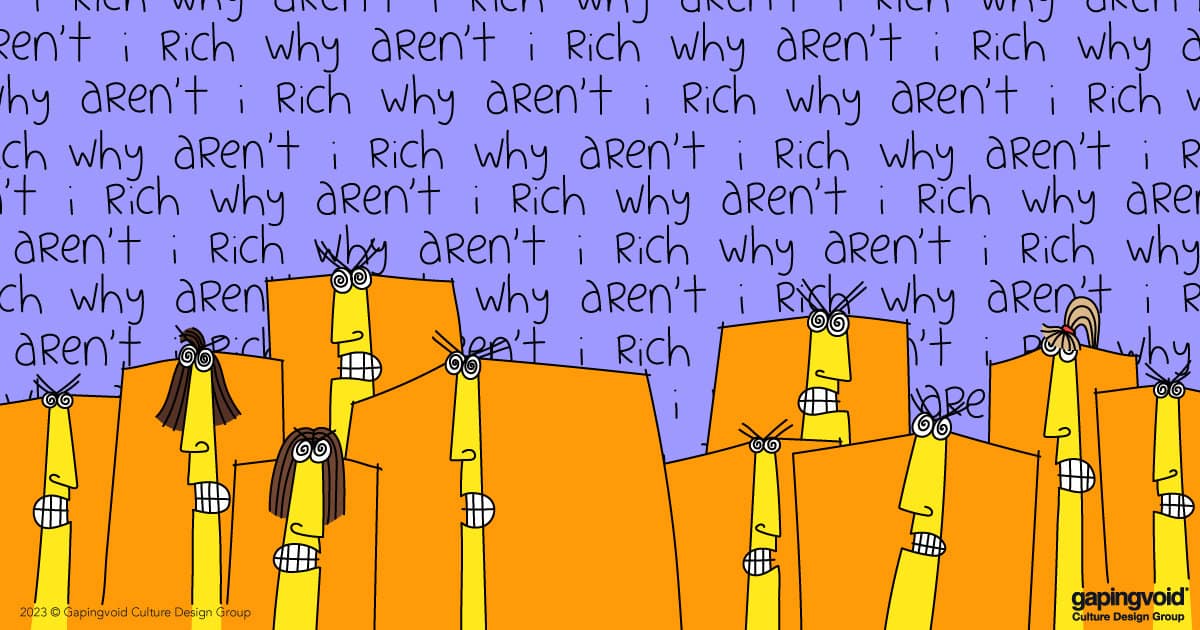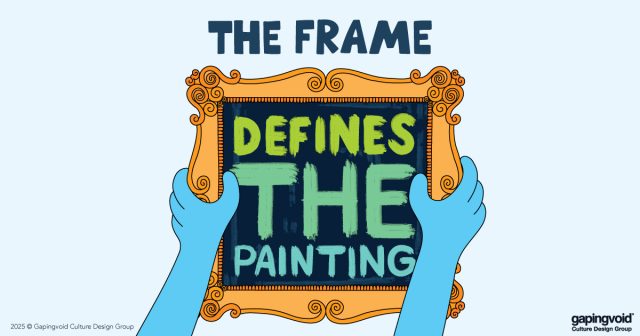
The big business news of late is that Sam Bankman-Fried (SBM) was convicted in Federal Court on all seven counts of fraud and faces up to over a century in prison. We’ve heard about it all week. SBF is finished and all that’s left of him is tragedy.
But what about his investors, the people who lost money?
To us, this looks a lot like the famous 1997 Albanian Ponzi scheme (where ⅔ of the population invested to the tune of $700 million, in a country with a GDP of $1.2 billion, basically wiping out the country’s finances and sending the majority of the country into poverty, (almost causing civil war). Many people knew what was up, but they didn’t care. They just wanted to not be the ones missing out. We’ve been here many times before (cue the Bernie Madoff scandal or to a lesser extent, dubious-but-legal investment crazes like WeWork, the 1990s dotcom stock or the penny stocks from the 1980s).
The interesting question isn’t so much about what SBF did and how he got away with it but why so many people were taken in by it.
Short answer: FOMO. We humans don’t care how rich we are nearly as much as how rich we are COMPARED to other people. It’s in our genes.
We are hardwired for status. It’s the thing we spend the most energy worrying about. So if all our other friends are making thousands of dollars a week via crypto and we’re not, the FOMO virus commandeers our brain and takes over our mind. And of course, this type of social contagion is made worse by orders of magnitude by the Internet.
For the SBF scandal, other usual suspects were also there in force:
- “Yes, it’s pretty sketchy, but as long as I can get out in time, I should be fine”
- “Vanity of vanities, all is vanity” i.e. “THIS TIME WILL BE DIFFERENT!”
- The media and other content creators, who suffer from FOMO as much as anyone else, were hyper-keen to jump on the story and spread it.
- Sam ticked off a lot of boxes. He made his billions overnight at a very young age, which people found very “rockstar” of him.
He also loved to spout what he called “woke shibboleths” in order to get the usual suspects’ approval. He looked, sounded and dressed like a goofy, unthreatening teenager, which helped people put their guard down. And most ironically, he was a huge fan of “Effective Altruism,” pledging millions in grants to causes that would impact the most amount of people. Hard to turn your nose up at that.
The lesson here is the same one our grandmothers were told by their grandmothers: When it all sounds too good to be true, it probably is.
Unless of course everyone believes it, then it actually doesn’t matter if it’s true or not.



